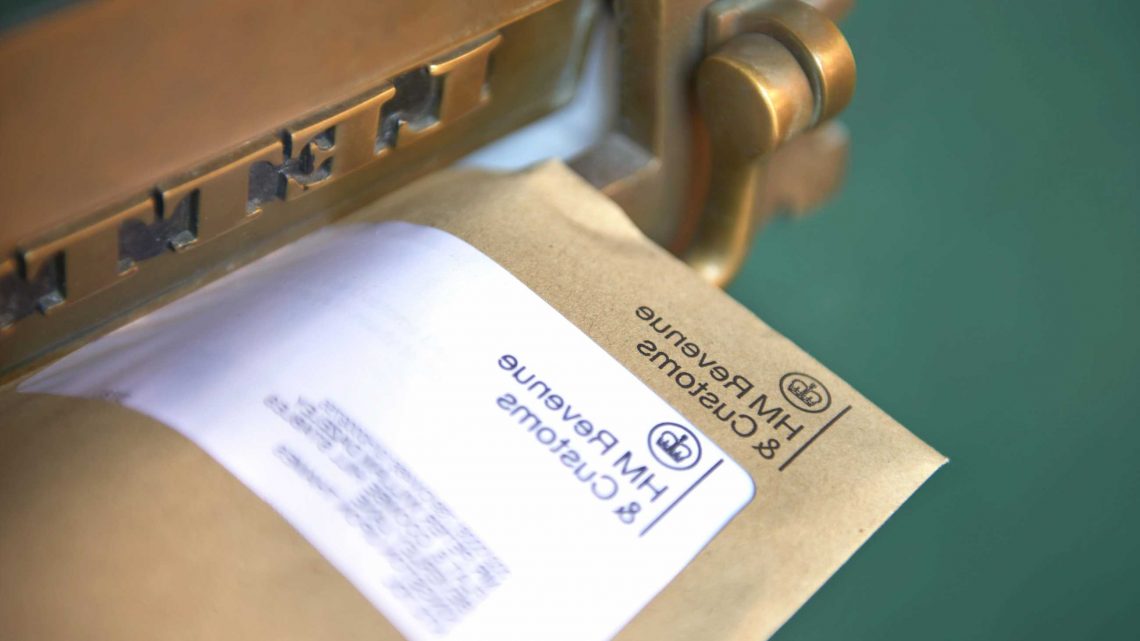
How could tax cuts affect your wages? | The Sun
09/21/2022MILLIONS of households could save hundreds every year if income taxand national insurance contributions are cut.
Tomorrow Chancellor Kwasi Kwarteng could bring forward a cut to income tax and reverse a 1.25% point hike to National Insurance.
Workers in England, Northern Ireland and Wales were set to see the basic rate of income tax fall by one percentage point from 20% to 19% from April 2024.
However, the new Conservative government may bring the tax cut forward as part of tomorrow's mini-Budget.
Data provided by Blick Rothenberg suggests that a 1p cut to the basic rate of income tax will save those earning £15,000 a year £24.30 a year.
Those earning £25,000 a year will save £124.30 and workers with incomes of £35,000 a year will save £224.30.
READ MORE IN MONEY
New £150bn support package unveiled to stop businesses folding ahead of budget
All the money saving measures Kwasi Kwarteng is set to announce THIS Friday
Those earning £50,000 a year will save £377.
The basic rate of income tax is paid by all workers earning between £12,571 and £50,270 a year.
The new Chancellor is also expected to scrap the Health and Social Care Levy brought in under Boris Johnson’s administration last April.
The Levy was included within household National Insurance contributions.
Most read in Money
More than 1m families to be paid £100 under new cost of living crisis plan
Exact date to turn the heating on this winter – and how to save £100 on bills
Liz Truss starts tax cuts revolution and 'doesn't care if she's unpopular'
Unique house on sale for £360k – and it's hiding a surprising showbiz secret
The move would see an individual on £20,000 save £93 a year.
According to government data, individuals with an income of £30,000 will save £218 a year and those earning £100,000 will save £1,093 a year.
The move comes after the Tory leadership campaign in which Liz Truss said she hated the national insurance hike and vowed to get rid of it.
What is my personal allowance?
The personal allowance is the amount you can earn each year tax-free.
It can change from one year to the next and is set by the government.
In the current tax year – which runs from April 6 2021 to April 5 2022 – the figure is £12,570.
However, this amount may be bigger if you claim certain allowances including, blind person’s allowance, marriage allowance and child tax credit.
You will also not have to pay tax on savings interest, dividends and the first £1,000 of income if you are self-employed.
How do I calculate income tax?
If you earn £12,570 or less, you currently pay no income tax.
On earnings between £12,570 and £50,270, you pay the basic income tax rate of 20%.
However, Kwasi Kwarteng is expected to announce that the basic rate of income tax will be slashed from 20p to 19p.
The ex-Chancellor Rishi Sunak promised to make the change "before the end of this Parliament, in 2024," but it is now expected that the change will come into force sooner.
Wages of £50,271 and above are taxed at the higher rate of 40%.
And the additional rate of income tax, which applies to earnings above £150,000, is 45%.
Anyone who earns over £100,000 does not get any tax-free personal allowance – they will pay income tax on everything they earn.
The thresholds for income tax generally rise each year so that people can earn more without paying more tax.
Right now, income tax thresholds will be frozen until 2026.
Though this isn't a tax rise, it is a small stealth pay cut as rising levels of inflation are likely to carry people into higher tax bands.
What is National Insurance?
National Insurance is a tax on your earnings, which is put into a fund to use for some state benefits.
This includes the state pension, statutory sick pay, maternity leave and unemployment benefits.
If you are a UK national, you should receive an NI number and card automatically before you turn 16.
This number allows the government to track your earnings and apply the right amount of tax.
Who currently pays it?
You pay National Insurance if you’re 16 or over and either:
- an employee earning above £242 a week
- self-employed and making a profit of £6,725 or more a year
It is deducted from your wages each month.
If you're employed, you can see your contributions by looking at your pay slip.
Once you reach state pension age, you don't need to pay it at all.
There are different types of National Insurance – known as "classes" -, and the type you pay depends on your employment status and how much you earn, and whether you have any gaps in your National Insurance record.
Read More on The Sun
Watch the moment Holly and Phil ‘jump the HUGE queue to see the Queen’s coffin’
William & Harry have a ‘forgotten’ stepsister & she was at the Queen’s funeral
What are the thresholds and how much do I pay?
The threshold for National Insurance payments is currently £12,570 a year for employed workers and £6,725 for self-employed people.
At the moment, most people pay 13.25% on anything they earn up between £242 and £967 per week. You have to pay 3.25% on anything you earn over £967 a week.
Source: Read Full Article










